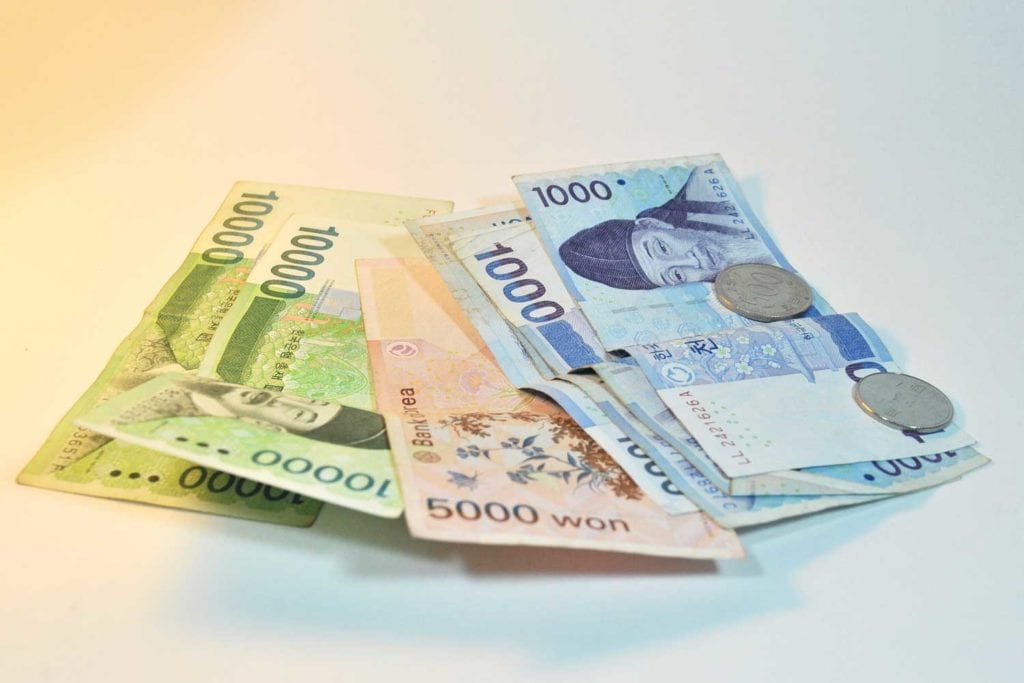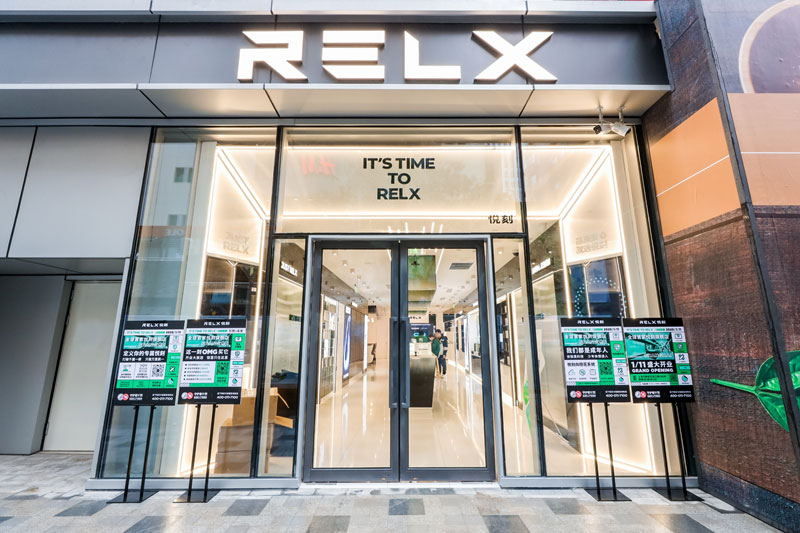
Swisher has named Jeff Rossi as senior vice president, sales and marketing. In his new role, Rossi will oversee both sales and marketing functions, including the trade marketing group, focusing on driving success and collaboration. Previously, Rossi was vice president, trade marketing and category development.
“Jeff has demonstrated exceptional work in every position he has held at Swisher,” said John Haley, Swisher’s chief growth officer, in a statement. “His leadership and business acumen will continue to drive success and synergies within the three groups.” Reporting to Jeff will be Dean Simmons, vice president field sales, Dave Untiedt, vice president consumer marketing and Andrew Swartz, senior director trade marketing.
In the fourth quarter of 2020, Swisher announced an expansion of the company’s vision, offerings and focus on adult consumer lifestyles. As part of the strategic focus, Swisher’s five strategic businesses—Swisher Sweets Cigar Company (large & little/filtered cigars); Fat Lip Brands (smokeless); Drew Estate (premium cigars); Hempire (hemp products); and Rogue Holdings (modern oral nicotine)—provide category expertise, product knowledge and a focused approach under a renewed purpose for the company.
The new corporate growth department will also include a renewed focus on servicing the needs of Swisher’s trade partners with better market and in-store data insights, including packaging and merchandising solutions.
“As we begin our 160th year in business, I’m excited to take on this new role and lead Swisher sales and marketing into a new era focused on our five strategic growth categories and continue to drive the implementation of our purpose, mission and vision,” said Rossi.















